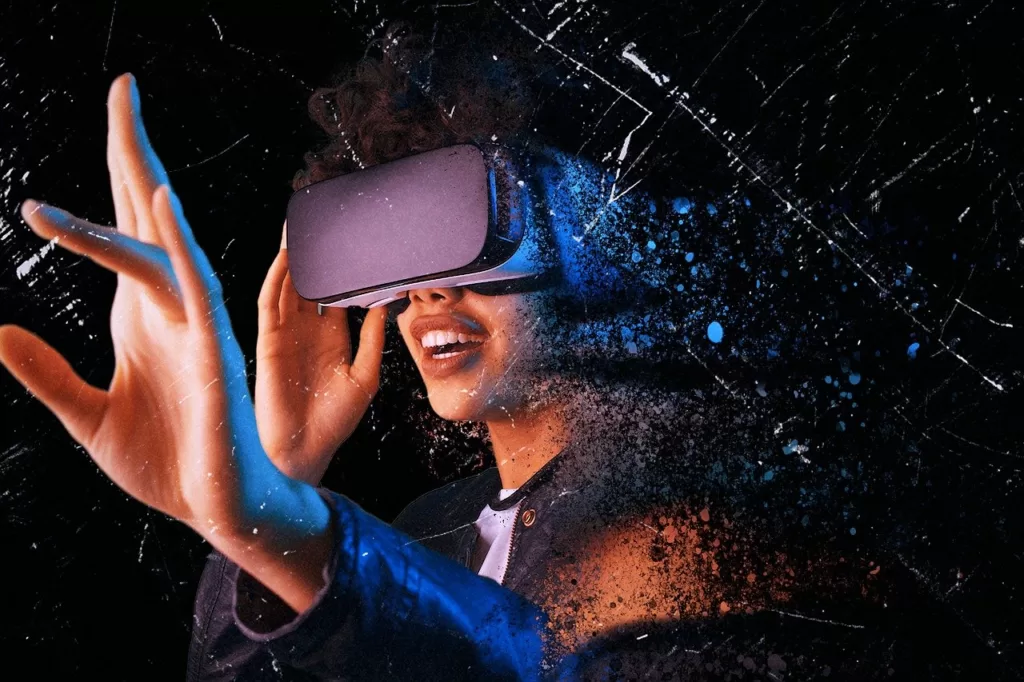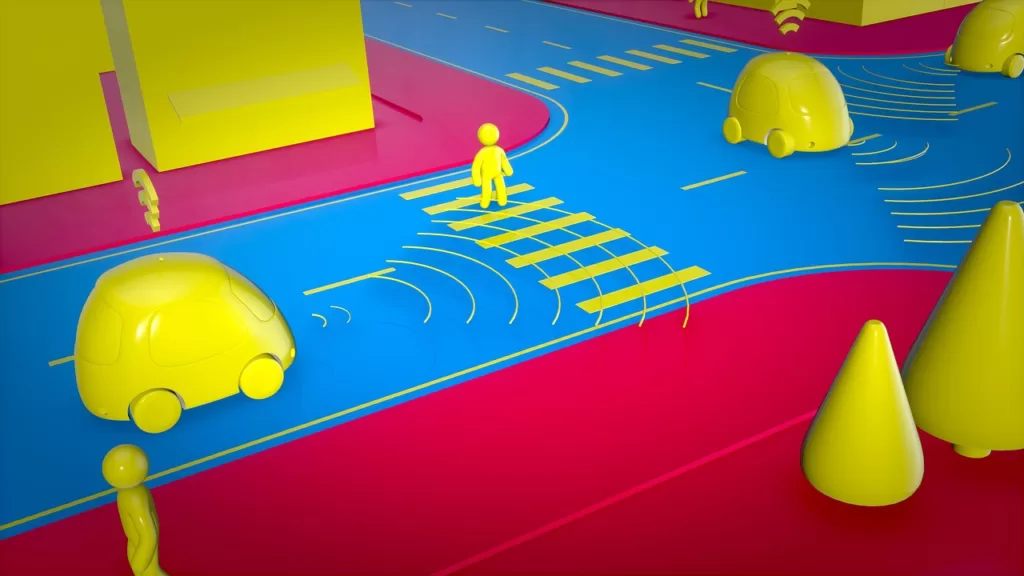With the world constantly evolving and progressing at a rapid pace, technology has played a major role in shaping the future. From smartphones to electric cars, technological advancements have impacted every aspect of our lives. As we move toward the future, Upcoming technologies are emerging that will revolutionize the way we live, work and communicate. In this article, we will explore some of the Upcoming technologies that will emerge in the next 5-10 years.
5G Networks: The Future of Connectivity

The 5G mobile network, will revolutionize connectivity. It boasts fast internet speeds, low latency, and high bandwidth. These features enable real-time communication among devices. 5G’s benefits extend beyond faster and more efficient devices. They unlock new possibilities for healthcare, transportation, and education industries.
Augmented Reality: A New Dimension of Experience

Augmented Reality (AR) is gaining popularity through apps like Pokemon Go and Snapchat. It will become even more mainstream in the coming years. AR overlays digital content onto the physical world, blurring the lines between reality and fantasy. The technology will enable us to interact with digital content in more meaningful ways. We will be able to try on clothes and explore new destinations using AR. As AR technology advances, the possibilities for immersive experiences are endless.
Quantum Computing: A New Era of Computing

Quantum computing has the potential to revolutionize data processing. It can tackle complex problems beyond the capability of traditional computing. This technology relies on quantum mechanics to process vast amounts of data much faster than classical computers. It’s expected to transform industries like finance, healthcare, and logistics with innovative and disruptive solutions.
Autonomous Vehicles: Driving the Future

For years, autonomous vehicles have been in development, and they’re set to become a reality soon. These self-driving cars with this Upcoming technologies promise to improve transportation efficiency and safety by eliminating human error. Electric vehicle proliferation and 5G adoption will enable communication between autonomous vehicles, making roads safer and less congested.
Artificial Intelligence: A New Era of Intelligence

Artificial Intelligence (AI) has already made significant progress in areas such as natural language processing, image recognition, and decision-making. As this technology continues to evolve. it will enable machines to perform complex tasks that were previously only possible for humans. AI will play a major role in shaping the future of industries such as healthcare, finance, and manufacturing.
Biotechnology: The Future of Medicine

Biotechnology is set to transform the field of medicine, from drug discovery to personalized medicine. Advances in genetic engineering, regenerative medicine, and gene therapy will enable us to treat diseases that were previously considered incurable. With the rise of precision medicine, biotechnology will play a major role in providing targeted treatments for individual patients.
Conclusion ?

Looking ahead, technology will remain a major force shaping our world. Upcoming technologies, from 5G to biotech, will revolutionize our daily lives. These advancements will transform how we work, live, and interact with one another. Despite the challenges we face, the future looks promising and full of potential.
FAQs :
1. What exactly is 5G technology and what are its operational principles in Upcoming Technologies?
The fifth generation of wireless networking technology, or 5G, provides greater connectivity, lower latency, and faster data throughput. Massive MIMO, tiny cells, and millimetre waves are among its operating tenets. Although it has the ability to support cutting-edge applications and technology, its implementation raises several questions.
2. How upcoming technologies will augmented reality impacts industries like retail and tourism?
By giving clients rich and interactive experiences, augmented reality has the potential to revolutionise sectors like retail and tourism. Retailers can employ AR to provide customers a virtual try-on experience, while travel agencies can provide virtual tours of other locations. This technology has the ability to promote revenue, improve customer satisfaction, and increase customer engagement.
3. What exactly is quantum computing, and what distinguishes it from conventional computing methods?
Quantum computing is an emerging technology that uses quantum-mechanical phenomena to perform operations on data. Unlike traditional computing methods, which rely on bits that can only represent a 0 or 1, quantum computing uses qubits that can represent both 0 and 1 simultaneously, allowing for significantly faster and more efficient processing. This technology has the potential to revolutionize industries like finance, healthcare, and cybersecurity.
4. How will autonomous vehicles impact the transportation industries in Upcoming Technologies?
With multiple advantages like enhanced safety, less traffic, and better fuel efficiency, autonomous vehicles are anticipated to have a substantial impact on the transportation business. Autonomous vehicles can operate more precisely and accurately than human drivers thanks to cutting-edge sensors, AI, and machine learning. The widespread use of autonomous vehicles also has the potential to lower transportation costs and increase accessibility in general. However, there are also worries about the possibility of drivers losing their employment and the requirement for new infrastructure to support these cars.
5. How can AI benefit healthcare in Upcoming Technologies?
AI has the potential to revolutionise the healthcare sector in a number of ways, including by increasing diagnosis speed and accuracy, lowering medical mistakes, and improving patient outcomes. Healthcare practitioners can identify at-risk patients and offer specialised treatment regimens by utilising machine learning algorithms and predictive analytics. AI-powered virtual assistants can also help with administrative activities like organising appointments and managing medications, giving healthcare practitioners more time to devote to patient care. The adoption of AI can also result in improved efficiency and cost reductions for healthcare systems.




